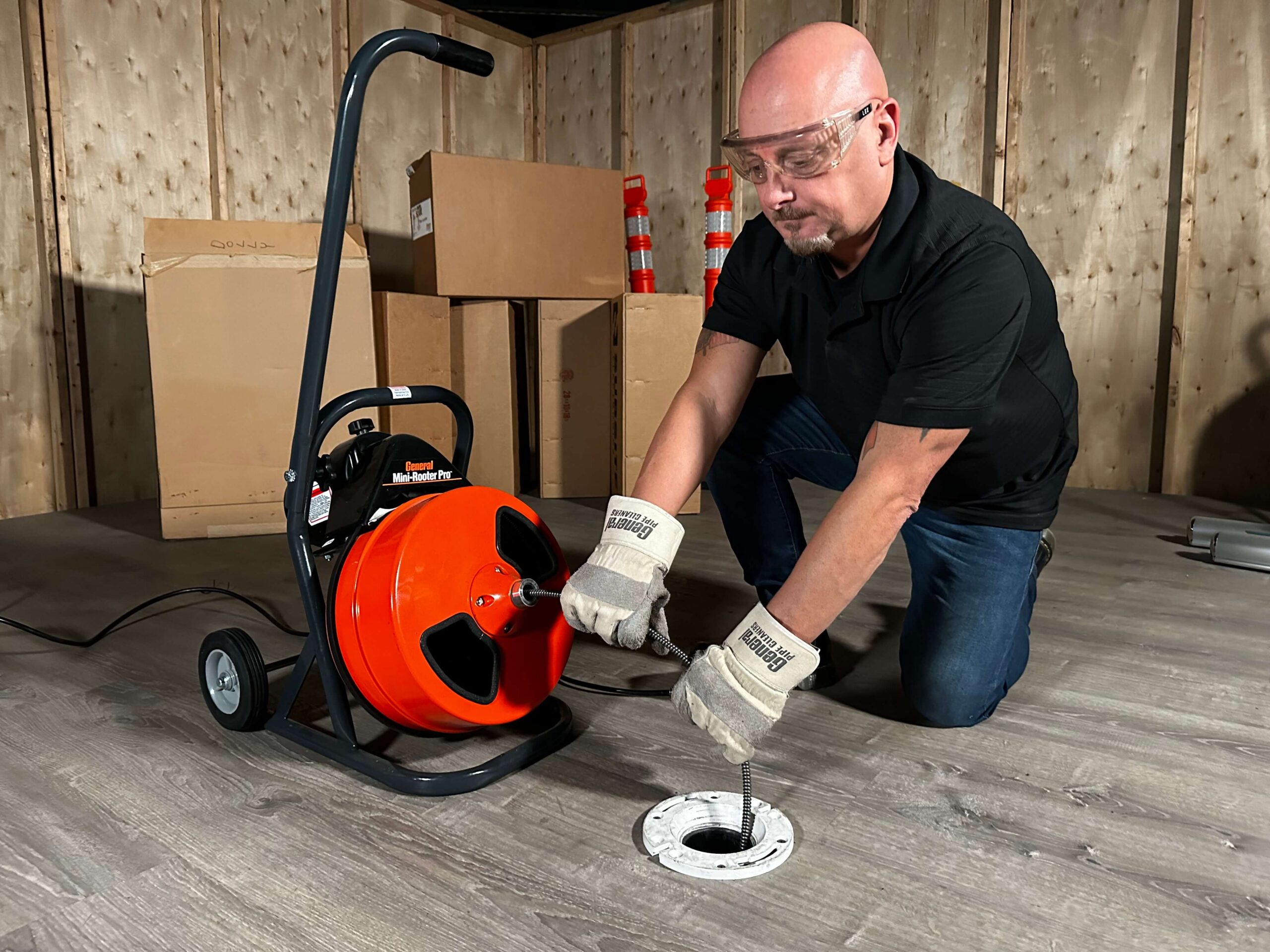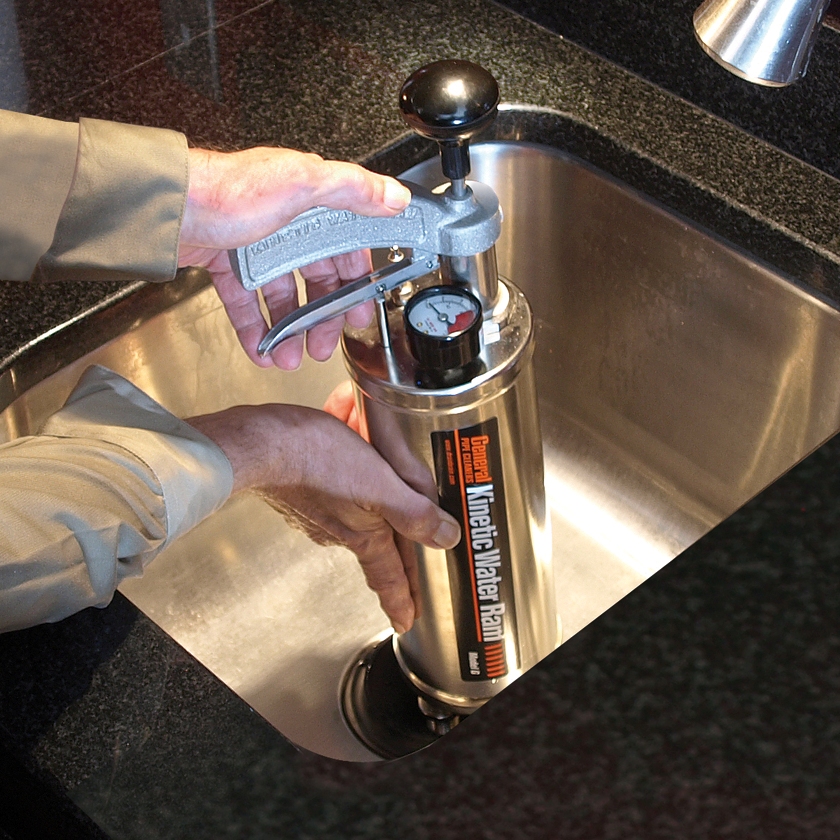When social media was in its dinosaur days, the technology’s potential seemingly capped out at reconnecting with old friends and posting updates about your day. Few would’ve predicted that social media would become not just a helpful, but an essential tool for plumbing and drain cleaning contractors to connect with their customers in ways that are faster, easier, cheaper and more personal than almost any other asset within a marketing strategy.
Social media allows plumbers to speak with customers directly and display trust and accountability in ways that did not exist 20 years ago. However, for plumbing contractors new to these platforms or unfamiliar with the volatile nature of Internet commenters, seeing countless strangers saying hurtful and profane things about your products or services in real time can be jarring, if not infuriating. Uncomfortable as it may be, these kinds of comments are inevitable. Even the most beloved brands in the world have comment sections filled with negativity from disgruntled commenters and trolls. The reality is that there is no way to avoid negative comments and reviews, but by internalizing some of these best practices, you can learn how to maintain an even keel and turn some of these upset commenters into lifelong customers.
Be quick to respond, even if you don’t have an immediate answer
Customers who leave negative feedback are often coming from a place of disappointment or unmet expectations. The last thing you want to do is make them feel like you are avoiding them or as if their opinion doesn’t matter. If someone comments on an issue they have with your business, whether it’s a bad review, the job wasn’t performed satisfactorily or the tech didn’t arrive on time, publicly reply to the comment immediately, even if it is just to say, “Can you please email or message us with more details regarding your issue?” This can help win them back by regaining their trust and showing that you do care about making the situation right. Additionally, having your initial responses be visible to everyone shows your other followers that you are attentive and responsive to their needs, which can strengthen your business in the long run. After the initial response, follow up by using private messaging or email to further investigate the issue.

Remember: What happens on the Internet…stays on the Internet
Whether you’re the proud owner of a 100-year-old family business or an individual plumber who posts on social media, it’s natural to want to lash out when you see strangers making hurtful or ignorant comments on the company’s Facebook or Instagram page. Before you fire up the keyboard, count to 10 and realize that your response will be out there for the world to see…forever. Social media allows anyone to say basically whatever they want online, often under the cloak of anonymity. That freedom often enables trolling, or intentionally using derogatory and defamatory language to bait others into stooping down to their level. Most people online know the difference between trolling and legitimate criticism. In fact, oftentimes we see fans taking on the trolls on your behalf. It is imperative to take the high road and ignore any negative comments that go far beyond fair criticism regarding your products or services. Associating yourself with these types of commenters will only take you down an endless road of negativity that will often only reflect poorly on you. Bottom line: in the game of Internet arguments, there are no winners, only losers.
When it comes to deleting or hiding comments, be mindful of the intent
Part of the beauty of social media for a company is the transparency between brands and their followers. But part of that transparency means not deleting or hiding every comment that offers an unfavorable opinion about what you are doing. Doing so can weaken the trust between you and your followers and make you appear to be hiding something. After all, social media is meant to be conversational. It’s not some static advertisement. Therefore, you should show your customers that you are receptive of both positive and negative feedback and want to encourage discussion. Plus, every comment just increases your page’s engagement and gets your brand in front of more eyeballs, so the greater the discussion, the better. If a follower is respectful but misinformed in their negative feedback, it is totally within your right to politely respond and try to clear up any misconceptions.
This isn’t to say that all comments should be welcomed or accepted. There are plenty of circumstances in which hiding or deleting a comment is justified. Comments that are deemed hateful, offensive, overly profane or seemingly exist only to start trouble should always be removed. In order to mitigate any confusion as to what is acceptable, it is wise to sit down and create visible guidelines for your followers to see. These guidelines should clearly state the kind of language that will and will not be tolerated on your page.
Your response should always have empathy, compassion and some kind of a solution
As previously mentioned, social media is meant to be conversational, and your responses to negative feedback should reflect that. If someone asked for your help, you wouldn’t give them some robotic boilerplate response to their problems. You’d want them to feel comfortable, valued and respected. Showing the customer that they are talking to a real person with genuine emotions is a great start in restoring trust and goodwill between you and the customer. It is also important to end the conversation with a solution, whether it’s some kind of discount, warranty or assuring them that you are presenting the issue to the right people on your end.
Social media can certainly be a double-edged sword at times, but negative replies don’t always have to be a bad thing. Hearing critiques directly from your customers increases your sense of accountability and can provide invaluable insight into some of the concerns and needs they might have. While learning to filter which complaints online are valid or just “noise” is helpful in lowering your blood pressure, the ways in which you choose to respond to these complaints can be the difference between new customers and former customers.





